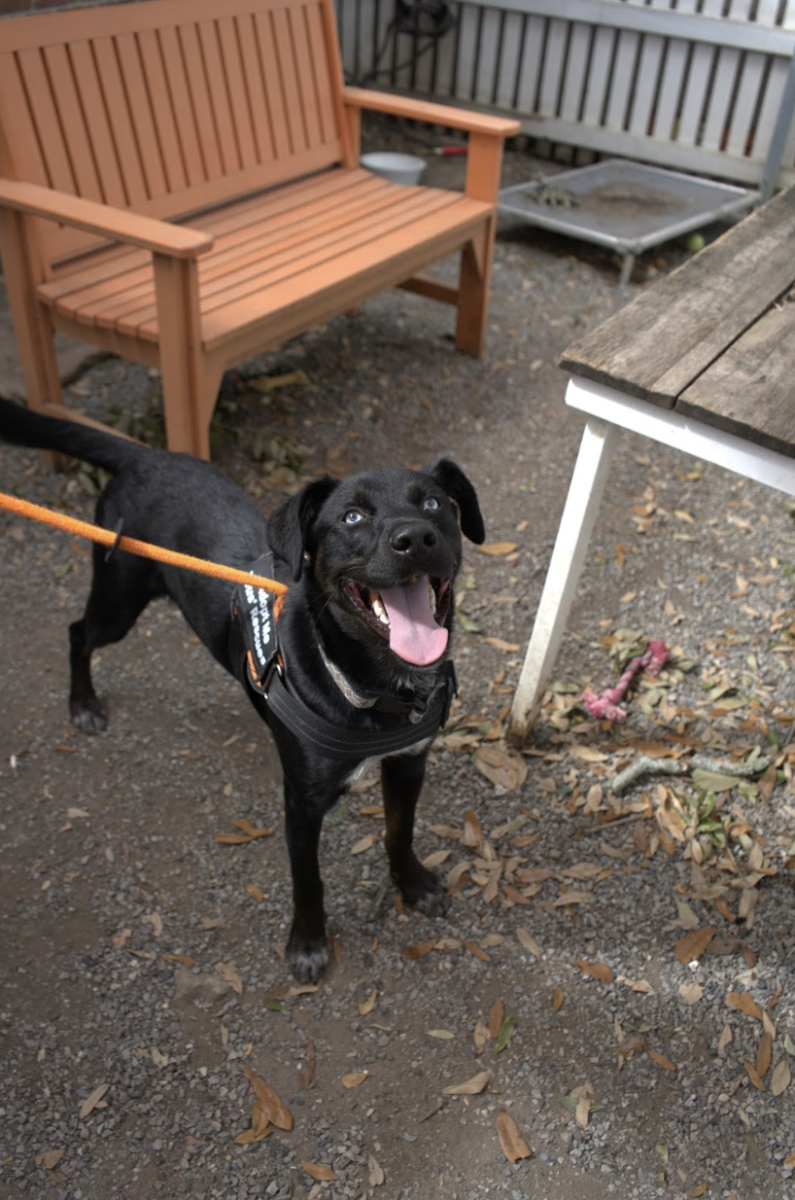One of the things that draws people to Loyola is it’s size. Totaling up to about 26 acres, Loyola’s campus could be generally described as “cozy.” But with the amount of students living on campus increasing by seven percent since last year leading to triple rooms in Biever, campus is beginning to tow the line between “cozy” and “cramped”.
Whether you spent your first year socializing in Biever or studying in Buddig, everyone remembers their first dorm room. Living in the dorms on campus is a great way to meet new people and get acclimated to Loyola’s culture. And the requirement to have a meal plan for most freshmen and sophomores ensure that they usually don’t have to worry about where they’re going to eat and sleep. One professor compared living on campus to living at a resort. It’s comfortable, and it’s a great way to ease students through the transition from high school to college for their first few years. But for upperclassmen who are beginning to think about future jobs and career opportunities, leaving campus is an important step for beginning the transition from college to adulthood.
One aspect of adult life that gets stunted by living off campus is the ability to cook. It’s comforting to know that the OR always has food hot and ready, but it’s safe to say that most students probably won’t be eating in a cafeteria for the rest of their lives. Being able to cook is an important skill that unfortunately often develops from necessity. Because honestly, unless you’re passionate about the culinary arts, why would you cook in the dorms? Biever and Carrolton all require an entire floor to share one kitchen area. That’s around 50 kids waiting on their turn to cook ramen noodles. Why would you wait in line when you could just get food from the OR or Subway? It’s not an environment that encourages cooking, and until you have the space to learn for yourself, it’s easier just to put off learning.
Speaking of putting things off, the experience of renting an apartment is not one that you put off until you’re being thrust from the structure of school into the adult world. Being able to recognize the potential problems a unit might have the early warning signs of a bad landlord are skills that come from experience. Setting up Wi-Fi, paying your electric bill, and for some, even locking the doors, are all activities that most won’t have to face until they fly the coop.
Moving off campus helps students develop a sense of autonomy that’s helpful as they get ready to leave college and go off on their own. For upperclassmen, it’s a better time than ever to start looking into off-campus housing and leave the comfort of dorm life to those who still need it. It’s time to leave the nest and take the first step.



















